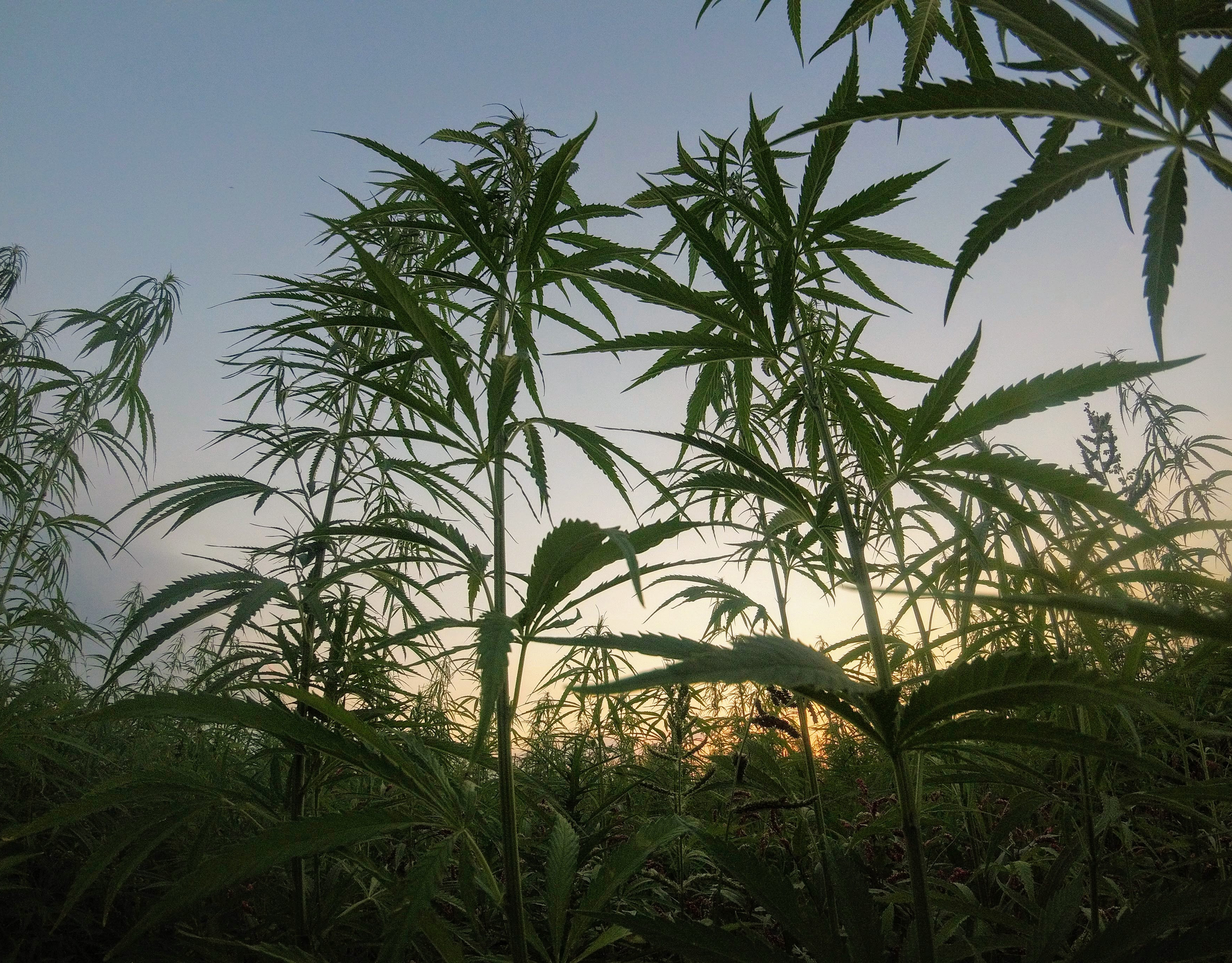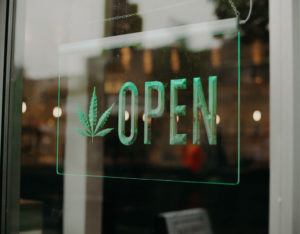If you’ve lived anywhere but under a rock for the past decade or so, you’ve seen the back-and-forth arguments around legalizing marijuana. But what you probably didn’t hear were the reasons, research, and sound arguments for legalizing hemp, marijuana’s non-psychoactive cousin.
While TV news vans were circling the more sensational stories about head shops, doctors, scientists, farmers, and legislators were analyzing reports, conducting reviews, and looking for ways to protect and promote public health through the use of hemp.
The result? In December, President Donald Trump signed the Agricultural Improvement Act of 2018, or Farm Bill, into law and officially legalized the production of industrial hemp.
What’s the Difference?
Hemp and marijuana are plants that both fall in the genus cannabis family. But, being separate species, they impact the human body and mind in very different ways due to varying chemical makeup. The Farm Bill is an $876-billion-dollar act of Congress that includes a clear stamp of approval on hemp as a safe, beneficial plant.
“The 2018 Farm Bill clarifies that the cultivation of hemp is lawful, including for industrial uses,” says Garrett Graff, senior attorney at Hoban Law Group, who specializes in work with cannabis-related businesses. “The 2018 Farm Bill expressly exempts hemp from the definition of ‘marijuana’ under the Federal Controlled Substances Act.”
For centuries, farmers used hemp as a reliable and sustainable industrial crop. But it was edged out by more popular alternatives in the 20th century and later confused with its high-inducing cousin, marijuana, and mislabeled as a controlled substance.
Today, many researchers are championing one of the plant’s compounds called cannabidiol, or CBD, as a much-needed alternative to increasingly confusing and expensive synthetic pharmaceutical drugs.
“Generally speaking, this seems to be a paradigm shift of consumers toward natural products,” Graff says.
What Does the Farm Bill Say?
The Farm Bill, passed by a landslide vote of 386 to 47 in the U.S. House of Representatives and 87 to 13 in the U.S. Senate, includes provisions to remove industrial hemp and the compound CBD from the Controlled Substances Act.
This clears the path for hemp to once again regain its standing as an agricultural commodity in all 50 states. As a viable ingredient in everything from building materials and clothing to food and office supplies, hemp offers a multitude of uses. Even the pen Kentucky Sen. Mitch McConnel used to sign the Farm Bill was made with hemp.
Although farmers could already apply to grow industrial hemp in the U.S. as part of a sanctioned research program, these programs were difficult to get into and had strict rules that prohibited many farmers from benefitting.
The Farm Bill also allows states to regulate hemp production, commerce, and research with approval from the U.S. Department of Agriculture. This move paves the way for an explosion of new research in the field of CBD and its medicinal benefits.
In addition, the new bill makes it legal for companies to market and distribute CBD products. Although there is no federal oversight on these products yet, reputable companies are already conducting their own quality control and testing before heading to market.
What’s Next for CBD?
By opening the door to industrial hemp crops across the U.S., the Farm Bill expands CBD’s market potential. Health, wellness and beauty companies are already sharing the supposed beneficial properties of CBD with their consumers.
The opportunity for hemp growth will have a halo effect on ancillary products and services such as insurance, banking, accounting, equipment leasing, packaging and much more. As hemp grows to an industrial-scale crop in the U.S., the market for commercial agricultural equipment may increase along with the infrastructure for storage and processing of hemp oil, grain and fiber.
Removing hemp from the Controlled Substances Act also opens the door for placement at mass-market retailers and consumer packaged goods companies. The world’s largest retailer, Walmart, and largest beverage company, The Coca-Cola Co., are both actively watching the market. CBD infused products are now available at CVS, one of the world’s largest retail pharmacy chains, in eight states.
The next step is the continued participation of the U.S. Food and Drug Administration (FDA).
“While the 2018 Farm Bill’s clarity is certainly useful, and is likely a step in the right direction, the new law does not particularly address the FDA’s authority, meaning there is still work left to be done,” Graff says. “We anticipate there will be pathways forward for both supplements and FDA-approved pharmaceuticals.”
Already, the FDA has approved a CBD-based treatment for epilepsy, so the regulation of CBD in food and supplements is not likely far behind.
Thanks to the 2018 Farm Bill, the future of CBD looks bright with new opportunities for business growth, medical research, and consumer wellness.




